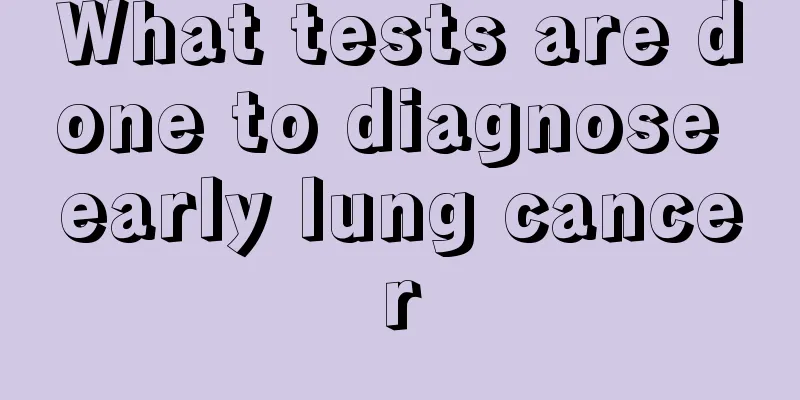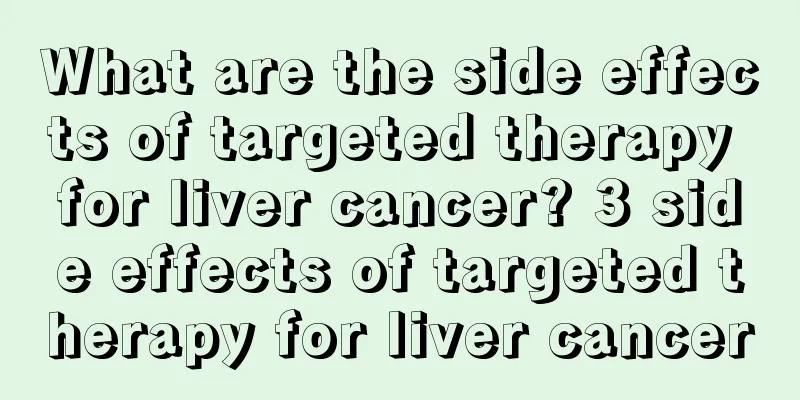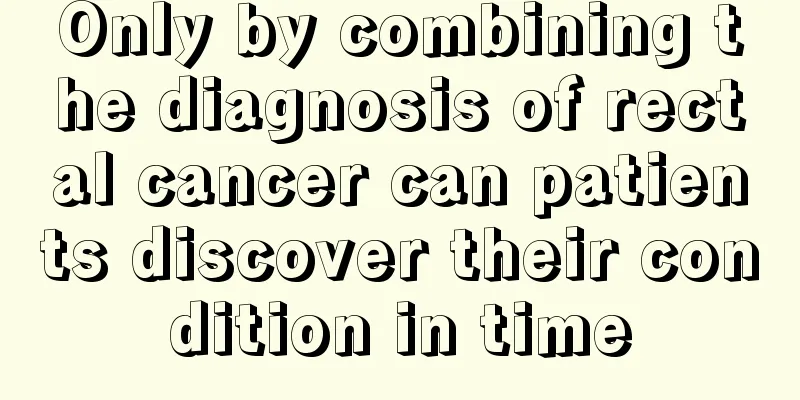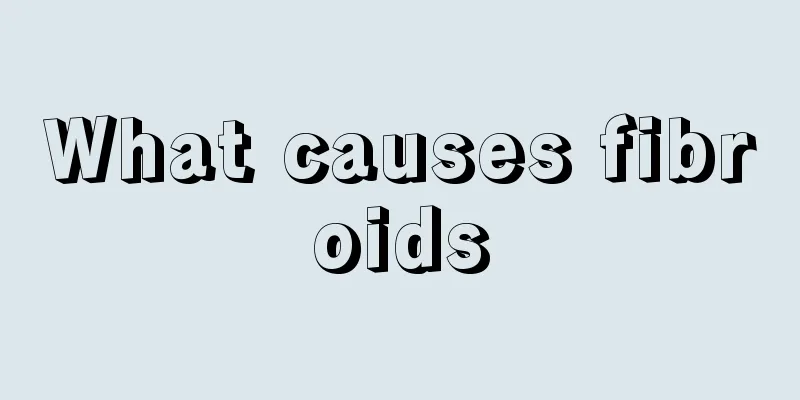How good are vitamins for hair loss

|
Long-term hair loss will not only affect one's image, but if it is severe, it will also lead to disease. Hair loss does not only mean a lack of vitamins in the body, it may also be pathological hair loss. If it is pathological hair loss, you should go to the hospital for examination in time. People who often undergo chemotherapy will also lose hair, and eventually all their hair will fall out. If hair loss is caused simply by vitamin deficiency, you can eat more foods containing vitamins. 1. How good is it to take vitamins for hair loss? 1. Vitamin A Vitamin A is necessary for normal epithelial keratinization. Long-term lack of vitamin A can cause the hair to become dry, prone to splitting, breaking or falling off. The main foods include: beef liver, beef, pork liver, chicken liver, kelp, etc. 2. Vitamin B Long-term use of vitamin B complex can restore the color of hair, while vitamin B2 and vitamin B6 deficiency can interfere with hair growth, causing poor hair growth or even hair loss. 1. Vitamin B2 Vitamin B2 is beneficial to hair growth; the main foods include: eggs, fish offal, oysters, clams, hairtail, goat milk, cow milk, beef liver, chicken liver and kidneys, etc. 5. Vitamin B6 Foods include: liver, cheese, egg yolk, milk, meat, fish, rice bran, yeast, spinach, celery, potatoes, etc. 2. Common causes and solutions for hair loss 1. Seborrheic alopecia: It often occurs in middle-aged and young people, characterized by thick oily secretions on the scalp, shiny, sparse and thin hair, or dry hair, dandruff, dullness, sparse and thin hair. Solution: Pay attention to eating a light diet, eat less irritating food, eat more fruits and vegetables, or take vitamin B6, B2, etc. 2. Pathological hair loss: mainly due to viruses, bacteria, and high fever that damage hair matrix cells, causing hair follicles to be in a state of shock and leading to hair loss, such as acute infectious diseases, long-term use of certain medications, etc. Solution: Get more rest and your hair will grow back after you recover or stop taking the medicine. 3. Chemical hair loss: Harmful chemicals damage scalp tissue and hair follicle cells, leading to hair loss. Solution: Do not use highly irritating hair dyes, perm agents and inferior shampoos. 4. Physical hair loss: Hair loss caused by air pollutants clogging hair follicles, harmful radiation, etc. Solution: Do not use nylon combs and nylon head brushes that are prone to generating static electricity. Wear a protective cap and wash your hair in an environment with serious air dust pollution. 5. Nutritional alopecia: Digestive and absorption dysfunction causes malnutrition and leads to hair loss. Solution: Improve nutrition and eat more fruits and vegetables, kelp, mulberries and walnut kernels. 6. Obesity-related hair loss: A large amount of saturated fatty acids produce waste after metabolism in the body, which blocks the hair follicles and causes hair loss. Solution: Eat less greasy and heavy food and increase physical exercise. 7. Hereditary hair loss: Hair loss is also hereditary, generally dominant in males and negative in females. |
>>: Which vitamin is lacking in eczema
Recommend
Which liver cancer patients are not suitable for radiotherapy? Radiotherapy is not recommended for these 4 types of liver cancer patients
The typical symptoms and signs of liver cancer ge...
What are the early symptoms and manifestations of liver cancer? These six points need attention
If it is still in the subclinical liver cancer st...
What are the early symptoms of lymphoma and is the survival rate high?
What are the early symptoms of lymphoma? What is ...
How to sharpen eyebrow pencil
Many friends may find it very inconvenient to dra...
How to use nose patch
Ventilation nasal patch is a medical product that...
Can fibroids be diagnosed?
Generally, it can be observed from the surface, b...
How to prevent colon cancer
How to prevent colorectal cancer? Experts say: Su...
Is baby liquid talcum powder good?
There are many types of baby powder, one of which...
Tips for treating cold and painful knees
The older people get, the more likely they are to...
What's the matter with more than 600 bacteria in urine
Urinalysis is one of the tests people use to chec...
Can patients with hepatitis B virus (HBV) drink alcohol?
Patients with small triple positive should pay at...
What to eat when you have hypoglycemia symptoms
Hypoglycemia means that blood sugar is too low, w...
Causes of dull pain in the right lower back
Pain is not unfamiliar to many people. Due to var...
Cardiac cancer may generally cause weight loss and emaciation
Cardiac cancer may generally cause weight loss an...
What to add to hot pot oil to enhance flavor
Each region chooses different ways to eat hot pot...









